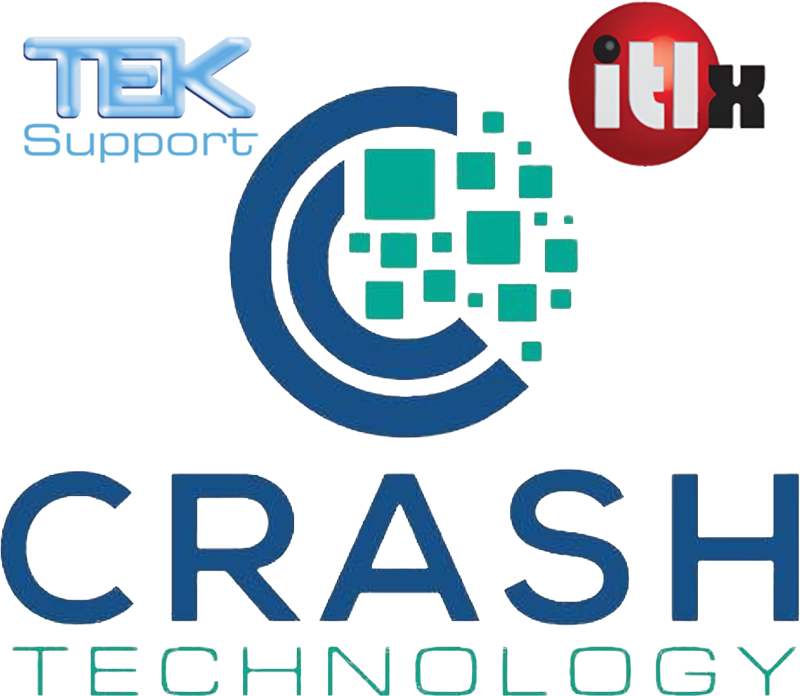Cloud Solutions
What Is Cloud Computing?
Cloud computing is the delivery of computing services—like servers, storage, software, and networking—over the internet. Instead of hosting these systems and applications in your office, they are hosted securely in the cloud by a third-party provider. This means your data and systems are accessible from anywhere, anytime, on any internet-connected device.
You no longer need to invest heavily in on-site hardware or maintain physical servers. The cloud gives businesses the flexibility to scale resources up or down based on demand.
What Are the Benefits of Cloud?
Cloud services offer a wide range of benefits:
- Flexibility & Scalability: Easily increase or decrease resources as your business grows or changes.
- Cost Efficiency: Pay only for what you use, reducing upfront capital expenditure on IT hardware.
- Remote Accessibility: Access files, applications, and tools from anywhere—ideal for remote workforces.
- Security & Compliance: Leading cloud providers invest heavily in security measures, backups, and compliance.
- Automatic Updates: Software and systems are updated automatically, ensuring you’re always using the latest versions.
Common examples include:
- Microsoft 365: Cloud-based email, file sharing, and productivity apps.
- Google Workspace: Online collaboration tools including Gmail, Drive, and Docs.
- Cloud file storage: Services like OneDrive, Dropbox, or SharePoint.
- Cloud-based backup solutions: Protect business-critical data offsite.
Is cloud computing right for every business? Not necessarily. That’s where expert consultation helps—to assess your needs, compliance requirements, and business objectives.
What Is a Hybrid Cloud Solution?
A hybrid solution is a blend of cloud-based and on-premise (local) systems. This approach allows businesses to keep certain systems or sensitive data on local servers while leveraging the benefits of cloud services for others.
For example:
- You might keep your file server on-site but use Microsoft 365 for email and collaboration.
- Or, you may back up your data to the cloud while running key applications from a local server.
Why choose a hybrid model?
- It balances performance, security, and cost.
- Supports legacy systems that may not yet be cloud-ready.
- Allows for a phased migration to full cloud adoption.
- Helps meet industry-specific data regulations.
A hybrid approach offers the best of both worlds—combining the control of on-premise infrastructure with the flexibility and innovation of cloud services.
Contact us today to discuss your Cloud Computing requirements.

